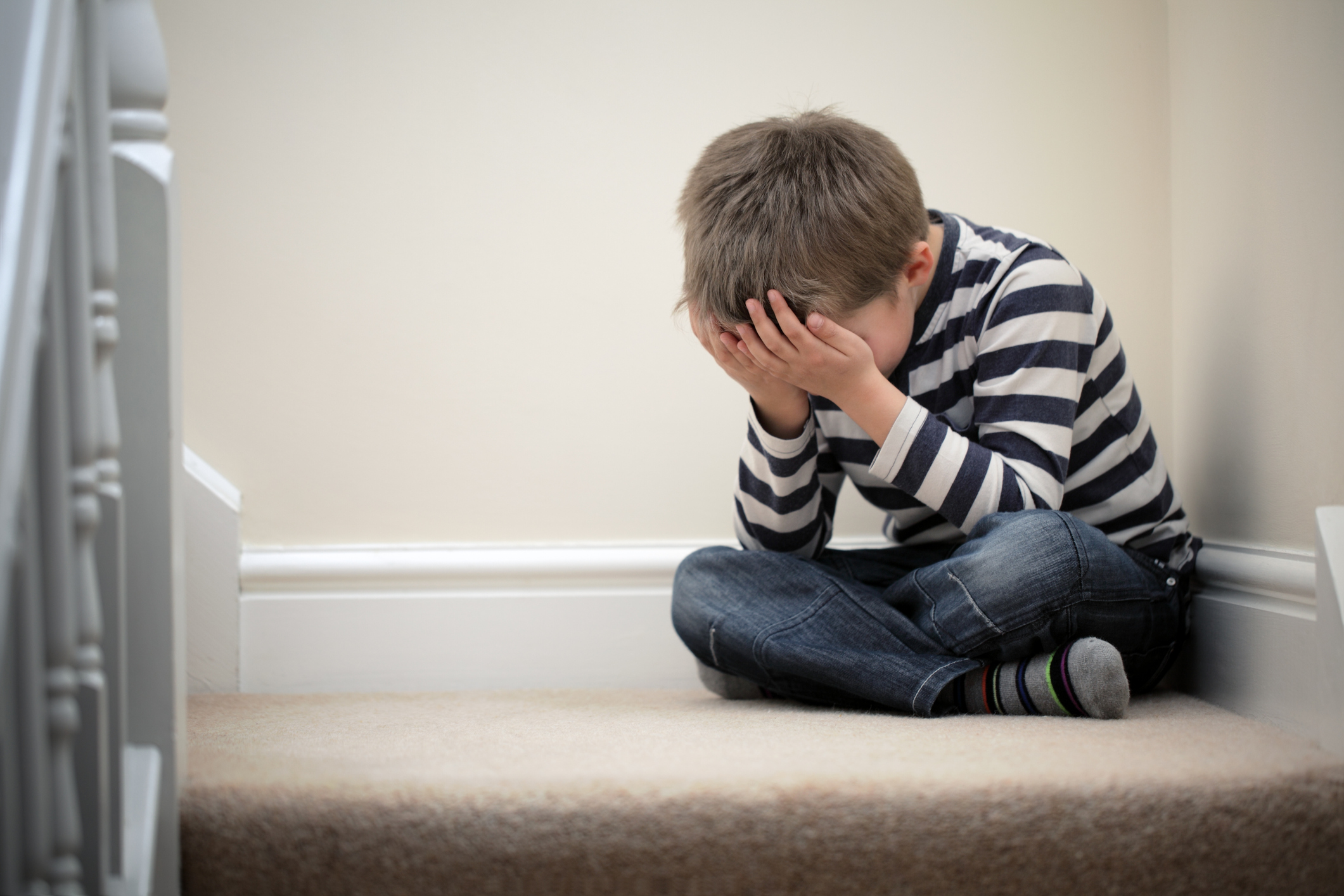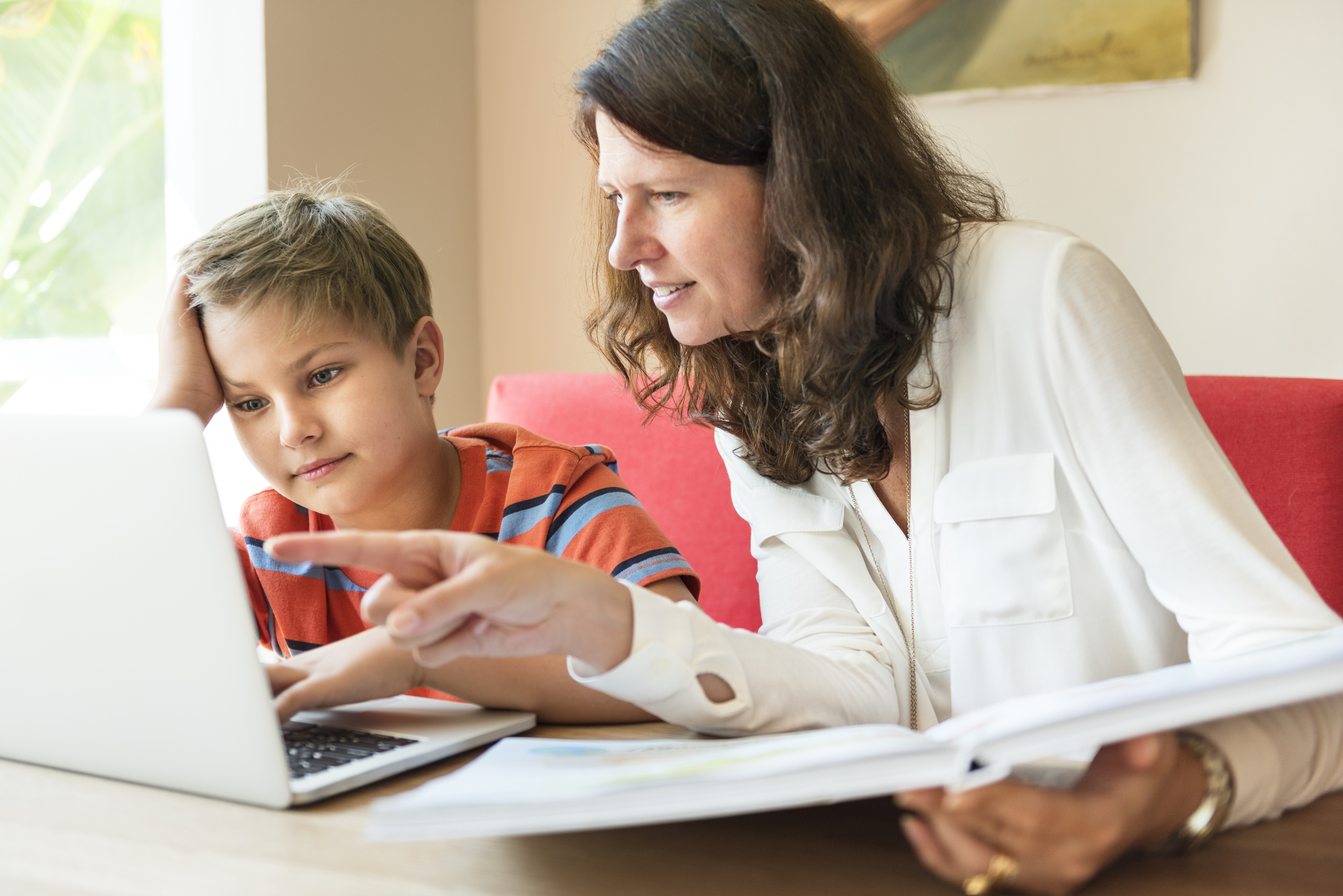Since COVID entered our lives in early 2020 there have been a multitude of events that have caused anxiety, confusion, and numerous other emotions for our children. As our country is now being impacted by continual lock downs it can be very difficult for our children to cope with the uncertainty that is swirling around them. After dealing with lockdowns throughout last year the special things your children had started hoping and planning for – birthday parties, holidays, visiting grandparents, play dates, and graduations are suddenly either postponed again or simply not happening. With schools being closed and remote learning occurring it also means their regular routine is completely disrupted and they don’t get to see their friends. As adults we too can become increasingly frustrated and anxious because special events, celebrations and even our day-to-day social connections have had to be postponed or cancelled yet again. We are all experiencing anger, fear, frustration, sadness, disappointment, and jealousy at different times.
Children need to experience the kaleidoscope of human emotions in order to develop emotional wellbeing and resilience. As soon as they begin talking, we can teach our kids how to identify and talk about their feelings. If we create safe environments where children can openly talk about their feelings and trust that they will be listened to and not judged, most kids will talk freely about their feelings. Children can hold mature conversations about their emotions if we explicitly teach them the skills and language they need.
By teaching our kids how to recognise their feelings, understand where they come from and how to deal with them this will help them regulate their behaviour, develop emotional agility, which are some of the most crucial skills for happiness and success throughout their lives. The following four practical strategies will help our kids through these challenging times.
Be honest
When we are talking with our children about things that have been postponed, or cancelled due to these ongoing lockdowns, we need to deliver the news in a truthful age-appropriate way without minimising or catastrophising the situation.
Let your child feel their emotions
It’s critically important to give our children the space and time to feel their emotions. When they stay with the emotion and feel the disappointment, frustration or anger they can learn to move through it and let go of these feelings. They discover that they can experience these emotions and survive, even if it is incredibly painful.
Acknowledge, validate and empathise
When our children are upset, they need to know we have heard them, that we acknowledge what they’re feeling and that it is ok to feel that way. We can do this by saying something like “I can see you’re disappointed and I would be too. I’m sorry that this is happening.” Then, we simply sit there with them, supporting them or giving them space if they need it to process their emotions. We can’t fix it for them, but we can trust that they can handle it and be there with them as they work through their big feelings.
Be calm and confident
Children are best prepared to face life’s challenges when they have a calm, confident adult in their life who helps them feel supported, safe and secure. We need to be the safe calm adults leading our children through this time of uncertainty, as when parents are calm and reassuring our children are more likely to be calm. If you are anxious, angry, or frustrated they will pick up on this energy and emotion and respond accordingly.
As parents we are leaders for our children, what we model and the tone we set is what they will absorb and internalise. It is our job to model ways to deal with sadness, fear, disappointment, anger, and frustration that build our children’s resilience and ability to handle life’s future adversities.









